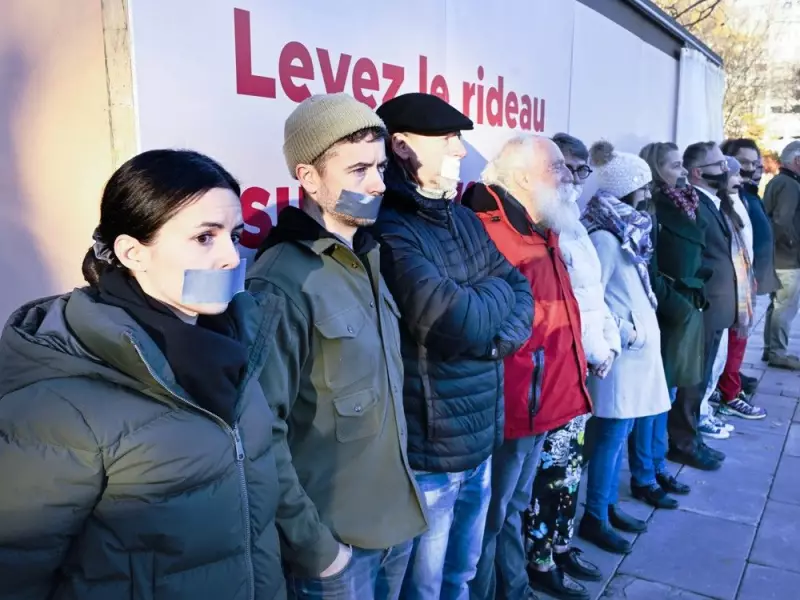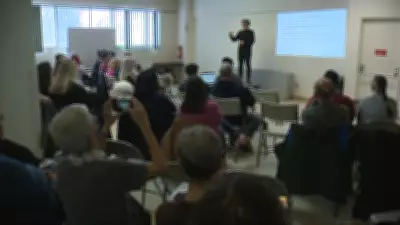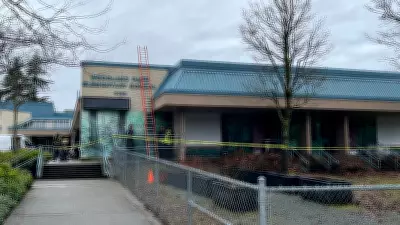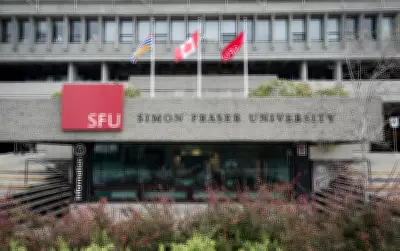
In an unprecedented move that's sending shockwaves through Quebec's healthcare system, medical students from four major universities have voted overwhelmingly to go on strike. The decision comes as a direct response to the provincial government's controversial Bill 31, legislation that students claim will fundamentally undermine their future careers and the province's healthcare quality.
The Breaking Point: Bill 31 Sparks Rebellion
The catalyst for this dramatic action is Quebec's newly proposed health law, which medical students argue will force them into remote regions against their will and impose restrictive conditions on their practice. Student associations from McGill University, Université de Montréal, Université de Sherbrooke, and Université Laval have all registered strong protest votes, with some campuses showing near-unanimous support for strike action.
What's Driving the Anger?
At the heart of the conflict are several key provisions in the proposed legislation:
- Mandatory Service Requirements: Students fear being compelled to work in underserved areas without adequate consideration for their personal circumstances or career goals
- Practice Restrictions: Concerns about limitations on where and how they can practice medicine after graduation
- Lack of Consultation: Students claim the government failed to properly consult with those most affected by the changes
- Workforce Planning Concerns: Many argue the approach will ultimately harm, rather than help, Quebec's doctor shortage crisis
The Student Perspective: Future Doctors Speak Out
"This isn't a decision we've taken lightly," explained one student representative from McGill University. "We entered medicine to serve patients, but we cannot accept legislation that treats future physicians as pawns rather than partners in building a better healthcare system."
The strike votes represent one of the largest coordinated actions by medical students in Quebec's history. While the exact timing and duration of potential strikes remain uncertain, student leaders emphasize they're prepared for prolonged action if necessary.
What's at Stake for Quebec Healthcare?
The confrontation comes at a critical time for Quebec's healthcare system, which continues to grapple with:
- Persistent doctor shortages in rural and remote regions
- Growing wait times for specialist care
- An aging physician workforce approaching retirement
- Increasing patient demands on the system
Both sides acknowledge the need for healthcare reform, but fundamentally disagree on the approach. The government argues stronger measures are needed to address regional disparities, while students contend that coercion will backfire, driving medical talent to other provinces.
What Comes Next in the Standoff?
The ball now appears to be in the government's court. Student leaders have indicated they're open to negotiation but remain committed to their strike mandate if their concerns aren't addressed. The coming weeks will determine whether this becomes a brief protest or develops into a prolonged confrontation that could disrupt medical education across the province.
As thousands of Quebec's future physicians take this unprecedented stand, one thing is clear: the debate over how to fix the province's healthcare system has reached the next generation of doctors—and they're determined to have their voices heard.





